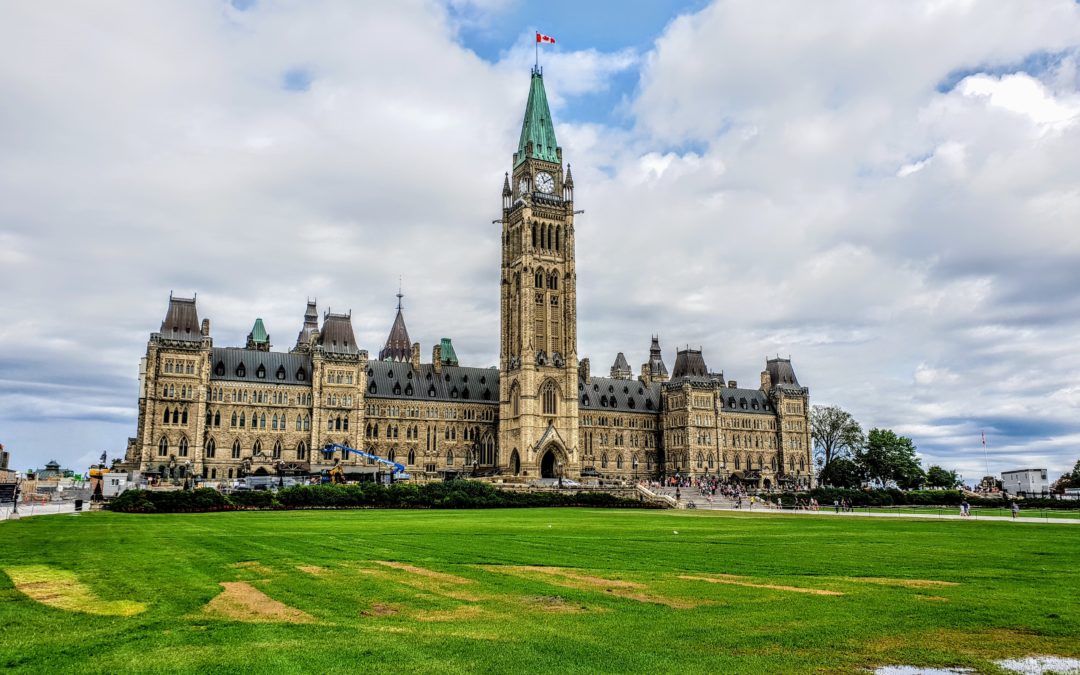Keeping Canadians safe is the most important role of the government. That means eradicating COVID-19 from around the world, urgently addressing the climate crisis, and ensuring an equitable pandemic recovery. Our economy is global, our population is multicultural, and we cannot solve global challenges in isolation. Canada will not recover until the world recovers.
Today, the Government of Canada announced budgetary measures aimed at eradicating COVID-19. This includes $375 million towards the global pandemic response – a critical contribution that will save lives. Yet this modest figure stands in contrast with the Government’s commitments last year, amounting to an estimated $1.2 billion and does not reflect or respond to the dire humanitarian needs around the globe: with 97 million people pushed to extreme poverty and 270 million facing acute hunger. COVID-19 is not a fleeting crisis. It calls for political leadership and strategic investments to make up for the 25 years of human development progress lost in the first 25 weeks of the global pandemic. Today’s budget is a missed opportunity to demonstrate such political leadership.
Women and girls, marginalized communities and historically disadvantaged countries are bearing the brunt of the harshest economic, social, and health effects of the crisis. Securing their futures requires ambitious action. This is why the international development sector has been calling for the government to invest 1% of its COVID response to support the global response and recovery. Today’s Budget provides for $375 million in COVID-19 global response, encapsulated in a $1.4 billion increase in international assistance, spread over five years. Such an increase emerges as insufficient against the backdrop of the biggest global crisis in a generation and the need for long-term investments in mechanisms of global health, social protection and economic collaboration on which depends our ability to recover from COVID-19 and prevent and mitigate future crises.
Canada is currently contributing far below its global fair share and its international commitments, investing only 30 cents in international assistance for every 100 dollars in gross national income. Despite an increase last year, Canada continues to perform below the average of donors of the Organisation for Economic Co-operation and Development (OECD). Low levels of funding, exacerbated by unpredictable new allocations that follow political trends and media attention instead of the humanitarian needs and development strategies, are threatening the achievement of the government’s own Feminist International Assistance Policy.
Canadians understand the need for a bold budget with robust measures to address the crisis within and beyond our borders. While Canada grapples with its own vaccine roll-out, many lower-income countries have not received a single dose, endangering lives, and threatening the health and economic recovery everywhere.
“The COVID-19 pandemic has shown us how important it is to address global crises in a timely manner,” said Nicolas Moyer, CEO of Cooperation Canada. “Canada’s international development and humanitarian sector has been calling on the Government to commit to a strategic, long-term investment in global solutions to the multiple concurrent crises affecting us everywhere. This Budget missed an opportunity to answer those calls.”
Today was also not the day Canada presented a vision for addressing international climate challenges. Looking forward, the Government must tackle the climate crisis with determination. This means allocating Canada’s fair share of the global climate finance commitments, which corresponds to $1.8 billion in annual contributions, on top of the current international assistance levels. Our global crises cannot be solved in isolation. Climate adaptation and mitigation, humanitarian interventions and development efforts are mutually reinforcing and as such deserve comprehensive and strategic investments that match the severity and the urgency of the crises we are facing everywhere.
Canada has an opportunity to do better later this year at the G7 Summit and the Paris Climate Conference (COP21) with a chance to invest in progressive and principled global development, that is in everyone’s interest. It is time to commit meaningfully to effective efforts to build back healthier, safer, more equitable and sustainable communities for us all.
Media Contact
Kat Guerin
Communications Manager
[email protected]
About Cooperation Canada
Cooperation Canada brings together and advocates for Canada’s international development and humanitarian organizations by convening sector leaders, influencing policy and building capacity. Together, we work with partners both inside and outside Canada to build a world that’s fair, safe and sustainable for all.

